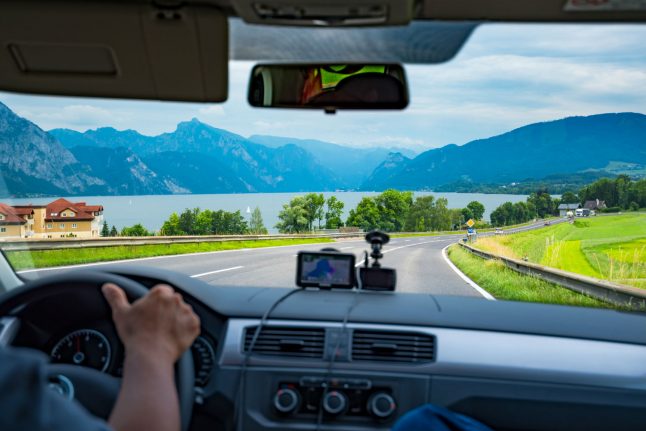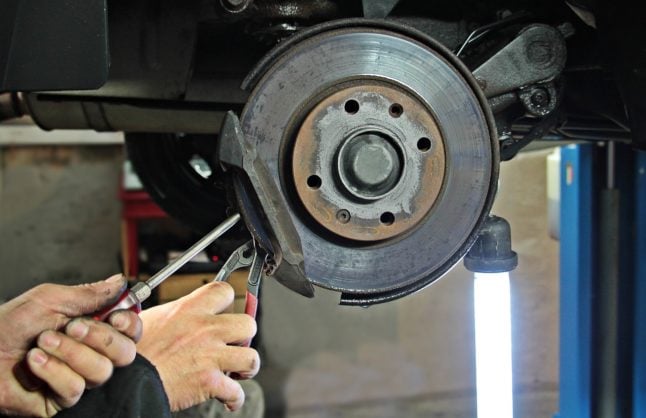A report released in January 2020 revealed that Switzerland’s roads are safe – and getting safer.
Only three countries in the world have a lower death rate on their roads – Singapore, Ireland and Sweden – while only two countries have a lower risk of death in the instance of a road injury (Slovenia and New Zealand).
This means that not only are Swiss roads safe, but health and emergency services infrastructure are also excellent.

Image: Depositphotos
“Important protection measures”
Guido Bielmann, a spokesperson for Swiss federal roads authority FEDRO, told The Local that road safety policies – particularly the launching of the Via Sicura action plan – were behind Switzerland’s safe roads.
“The Swiss Federal Council began in 2008 with project of Via Sicura, to make safer the Swiss roads,” Bielmann said.
“The measures for traffic safety included behaviour in traffic, infrastructure-security [and] prevention… important prevention measures were defined.
READ: How crossing a road in the Swiss capital of Bern is about to change
“By these measures, the existing laws and rules should be enforced and the accident black spots should be eliminated.
“On high-ways the maximal speed is 120 km/h.”
While the project – which means 'Street Safety' in Italy – can be seen as a complete success, Bielmann notes that road safety has been increasing in Switzerland for decades.
“In 1971, 1700 persons died in traffic accidents on Swiss roads. In 2016 there were 216. Conclusion: Via Sicura is really justified.”
Via Sicura
The initiative takes into account general road safety initiatives as well as specifically tailored policies which target Switzerland’s unique topography and challenges.
Higher punishments and better detection systems have been implemented for drink driving and other unsafe behaviour like speeding.
READ: Ten strange Swiss road signs you need to know about
Similarly, monitoring systems for accident black spots – as well as a regular audit system – have been put in place.

Image: Depositphotos
Bielmann told The Local that drivers needed to be aware of the unique topography of the country – and remember to always drive carefully.
“It is important to know that Swiss topography is complicated (tunnels, bridges, curves) and traffic-density is high,” he said.
“So, driving carefully is very important. The measures help people to be more careful.”
A worldwide improvement in road safety
The report, prepared by the American Institute for Health Metrics and Evaluation (IHME), looked at road mortality across the globe from 1990 until the present day.
Switzerland was among 170 of the 175 countries to see improvements in road safety over the three decade period.
Only the Central African Republic, Jamaica, Somalia, Swaziland, and United Arab Emirates have seen their roads become less safe.
The authors of the report said the positive results showed policy makers were making progress in understanding the nature of safer roads.
“Many factors affect the risk of road injuries, including vehicle and road safety and engineering; enforcement of speeding, seatbelt, and alcohol laws; and access to medical care,” said Spencer James, the lead research scientist with the IHME.
“It’s encouraging to find improvements globally in road injury mortality over the past three decades, though there is still considerable progress to be made since road injuries should be considered preventable.”
Despite the improvements, 54 million people were injured in road accidents in 2017 – with 1.2 million deaths.
p.p1 {margin: 0.0px 0.0px 0.0px 0.0px; font: 12.0px Helvetica}
p.p2 {margin: 0.0px 0.0px 0.0px 0.0px; font: 12.0px Helvetica; min-height: 14.0px}



 Please whitelist us to continue reading.
Please whitelist us to continue reading.
Member comments